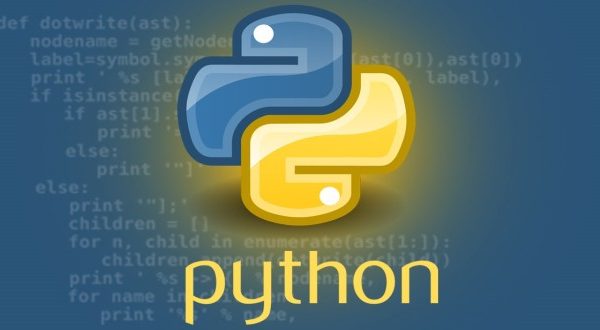Asynchronous Tasks Using Flask, Redis, and Celery

Introduction
As web applications evolve and their usage increases, the use-cases also diversify. We are now building and using websites for more complex tasks than ever before. Some of these tasks can be processed and feedback relayed to the users instantly, while others require further processing and relaying of results later. The increased adoption of internet access and internet-capable devices has led to increased end-user traffic.
In a bid to handle increased traffic or increased complexity of functionality, sometimes we may choose to defer the work and have the results relayed at a later time. This way, we do not get to keep the user waiting for an unknown time on our web application, and instead send the results at a later time. We can achieve this by utilizing background tasks to process work when there is low traffic or process work in batches.
One of the solutions we can use to achieve this is Celery. It helps us break down complex pieces of work and have them performed by different machines to ease the load on one machine or reduce the time taken to completion.
In this post, we will explore the usage